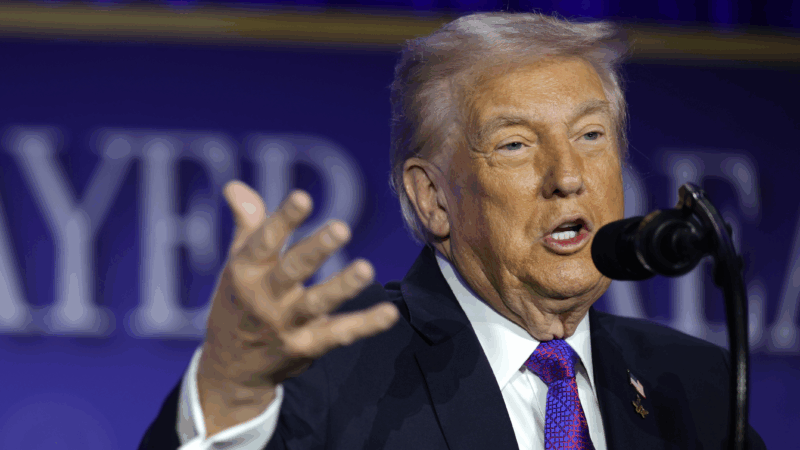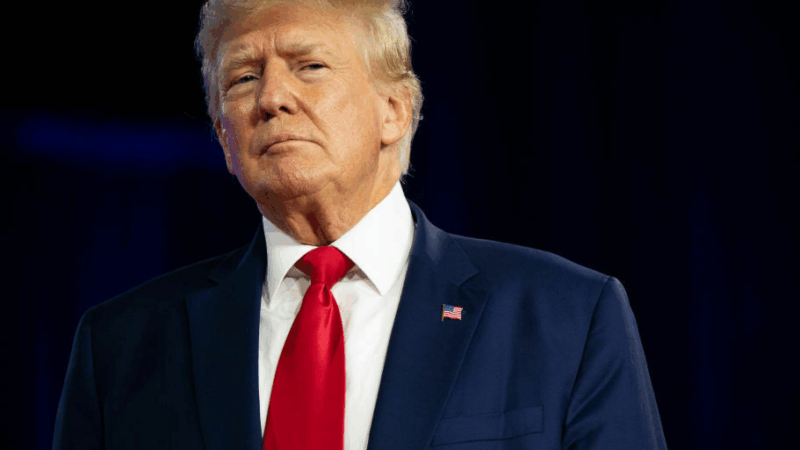State Department undergoes deep cuts in sweeping reorganization
The State Department is cutting its Washington-based staff by about 15% in what officials are calling the largest overhaul of the agency in decades. Some employees have already taken early retirement, while hundreds more are expected to receive layoff notices Friday.
Deputy Secretary of State for Management Michael Rigas said the department will soon begin informing individuals affected by the “reduction in force.”
Secretary of State Marco Rubio is leading the overhaul, eliminating 132 offices he’s described as part of a “bloated bureaucracy.” His staff rewrote key personnel rules to allow the department to fire Foreign Service and Civil Service officials in roles now being phased out.
Rubio has defended the move as essential to speeding up internal processes, citing the layers of bureaucracy that slow decision-making. “There were 40 boxes on this piece of paper,” he told senators in May. “That means 40 people had to check off ‘yes’ before it even got to me. That’s ridiculous. And if any one of those boxes didn’t get checked, the memo didn’t move. That can’t continue.”
But former diplomats are sounding the alarm. The American Academy of Diplomacy, which represents former Ambassadors, who advocate for US Diplomacy, accused Rubio of gutting the department’s institutional knowledge and called the move “an act of vandalism.”
“This isn’t just about trimming fat,” said Thomas Shannon, a former under secretary of state in the previous Trump administration. “We’re removing a significant chunk of our civil service and Foreign Service employees, and restructuring in ways that reflect a diminished global agenda.”
Shannon warns the shake-up could have long-term consequences — especially as the U.S. scales back on human rights and democracy promotion. He also pointed to the closure of USAID and the loss of experts with critical language and cultural skills as blows to U.S. influence abroad.
“We’re going to end up cutting a lot of really talented individuals,” he said. “They’ll be like players in a game of musical chairs — suddenly finding themselves without a seat.”
While the impact may not be felt immediately, Shannon said the move could leave the U.S. lagging behind rivals like China in the global arena.
Mariah Carey, coffee makers and other highlights from the Olympic opening ceremony
NPR reporters at the Milan opening ceremony layered up and took notes.
Trump’s harsh immigration tactics are taking a political hit
President Trump's popularity on one of his political strengths is in jeopardy.
A drop in CDC health alerts leaves doctors ‘flying blind’
Doctors and public health officials are concerned about the drop in health alerts from the Centers for Disease Control and Prevention since President Trump returned for a second term.
Photos: Highlights from the Winter Olympics opening ceremony
Athletes from around the world attended the 2026 Winter Olympics opening ceremony in Milan.
Alabama sets execution for man in auto parts store customer’s death
Gov. Kay Ivey on Thursday set a March 12 execution using nitrogen gas for Charles “Sonny” Burton. Burton was convicted as an accomplice in the shooting death of Doug Battle, a customer who was killed during an 1991 robbery of an auto parts store in Talladega.
Trump posts racist meme of the Obamas — then deletes it
Trump's racist post came at the end of a minute-long video promoting conspiracy theories about the 2020 election.







